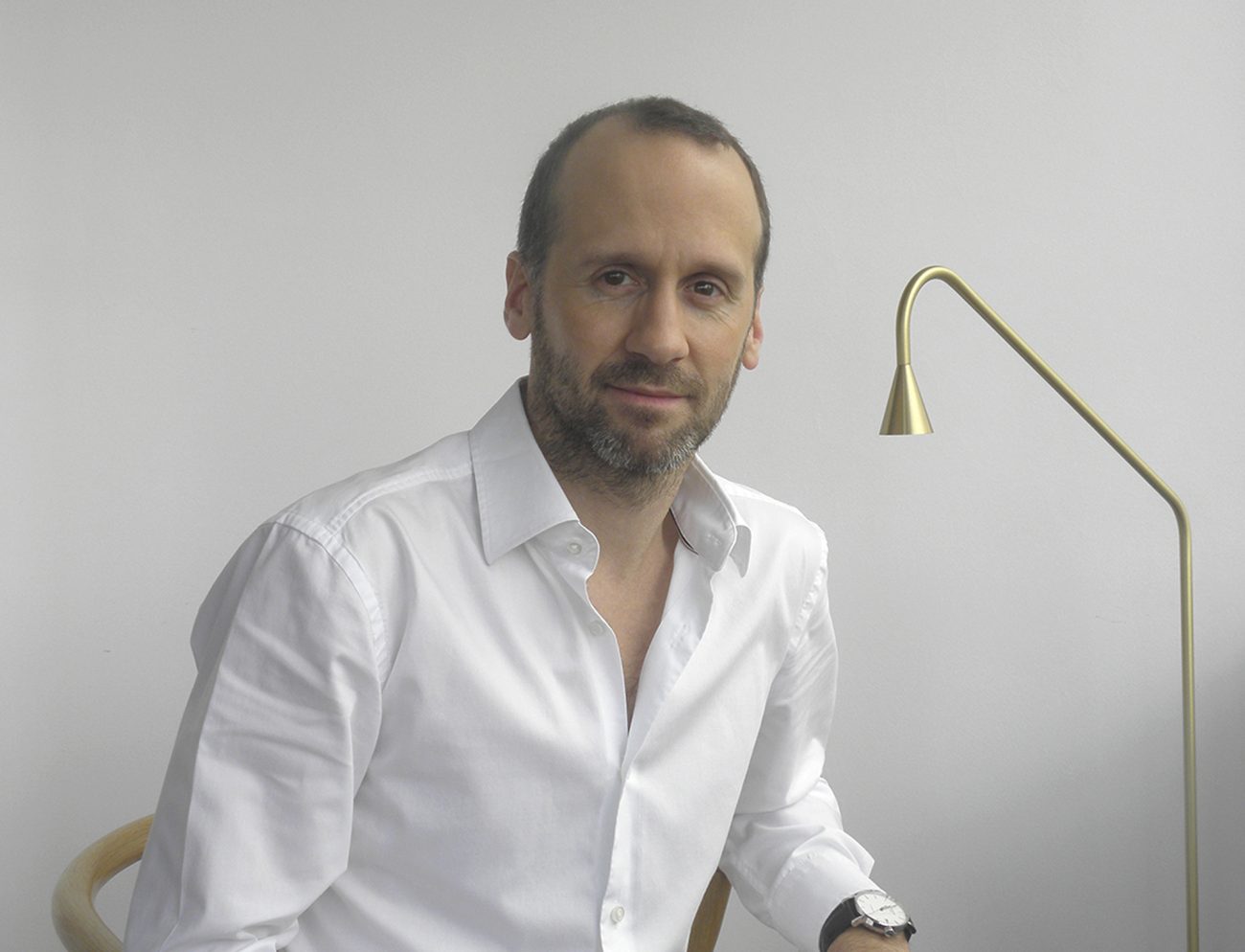
João Cepeda
Constantly striving for the essence.
Prone to eschew fashion or trends of any kind or “ism”.
Does not acknowledge problems or questions of ‘form’ – only of construction.
Does not contemplate ‘form’ as a goal or cause ‘per se’ – only as the result of an informed intricate process (not as the motive, only as a consequence).
Dismisses, thus, ‘form’ as an objective by itself – or in other words, (mere) ‘formalism’.
Focuses on restoring architectural practice to what it should (exclusively) belong to, and which (still) remains as its (sole) core support –
materiality and its pure construction design.
Considers these as grounding and embodying the discipline’s (only) possible creative tools –
and ultimately, the architect’s (specific) potential themes.
Ponders that architecture should just be itself – and not some (subliminal) ‘symbol’ aiming to metaphorically depict something else.
In a time that celebrates the frivolous and nonessential, and in which detail, refinement and (slow) absorption are (usually) neglected or half forgotten, he essays within a tradition of an architecture of ‘resistance’, one that speaks and communicates nothing more than its very own (silent) language.
Significance, conceptualization and value come afterwards – they lie in the eye of the beholder, and not of the former.
Believes that each project bears the imprint of its own circumstances.
Though seeking for the acuity of very precise answers to each specific problem, he strives for a particular ‘constellation’ :
the ambiguity of an (anonymous) spatial ‘composite conglomerate’, that allows for (and specifically responds to) a certain use, but that can (occasionally or eventually) be freed from its purpose –
spaces in (constant) expectation, and not merely the (usual) principle of “form follows function”.
Hence, each project synthesizes a unique and unrepeatable (poetic) endeavor.
Refers Japan as a defining experience in his life.
In Japan, he was guided through a line of local customs and traditions, and enlightened to their exquisite culture.
As such, he learned their evocative vision of the mundane, and the beauty of impermanence.
In short, to accept ‘space’ as one accepts ‘time’ –
with its share of (in)finiteness, transience, unpredictability, melancholy and ineffableness.
Ever since, he became interested in presence, and in reconciling built spaces with their sense of belonging, memory, harmony and grace –
like an endless ‘elegy’ to what is continuously both perennial and ephemeral.
Practices architecture as a secular discipline that, among and together with coordinating several areas of expertise, (still) possesses its own autonomy.
Although claiming that, every so often, it may reach a timeless artistic existence, he regards architecture as an “art” solely through its Greek ancient essence and meaning, the original root-word “techné” –
a specific way of knowledge or ‘know-how’, that operates with its own specific means (or a particular, intuitive but concrete sense of doing, which arises from both accumulated experience and sensibility – or in other words, from both practice and theory ).
Hence, he interprets architecture as
an art of designing,
an art of building,
an art of inhabiting –
and, ultimately,
an art of living.
Awards and recognitions
2022
Architizer A+Awards • Finalist
Best Private House
Architizer, USA
LOOP Design Awards • Nominee
Best Architecture Design
LOOP Design Awards, Portugal
2021
Golden Trezzini Awards • Nominee
Best Project of Private Residence
Solomon R. Guggenheim Museum, USA
Aedificio Awards • Winner
“Progetto Meritevole” | Deserving Project
Aedificio, Italy
2018 | 2017
Fernando Távora Prize • 2nd Place
“Prémio Fernando Távora”
Portuguese Architects Guild – “Ordem dos Arquitectos”
2015
Architects Now Prize • Winner
“Prémio Arquitectos Agora”
Portuguese Architects Guild – “Ordem dos Arquitectos”
2014
FAD Awards • Finalist
“Premios FAD de Arquitectura e Interiorismo”
ArquinFAD, Spain
BIOGRAPHY
Portugal, 1983
Portuguese architect.
Graduated by the Technical University of Lisbon (Portugal) and, awarded with a “Merit Grant” from the Swiss Confederation, by the École Polytechnique Fédérale de Lausanne (Switzerland), obtaining his Master in Architecture.
Integrated, in Switzerland, the Laboratoire de Production Architecturale, from the Swiss architect Harry Gugger, former main partner of the Swiss architectural firm Herzog & De Meuron.
Worked in Paris, as a research fellow, at the Fondation Le Corbusier (2012).
Participated in the 14th Architecture Venice Biennale (2012).
Authored the book “Nadir Afonso, Architect ” (2013), a monographic work about the architecture of the renowned Portuguese painter-architect Nadir Afonso, who worked with Le Corbusier and Oscar Niemeyer.
Worked in Japan, in Tokyo, at the architectural office of Shinichi Ogawa (2013-2014).
Worked in Lisbon, at Frederico Valsassina’s architectural office (2015-2019).
Published in Portugal, Spain, France, Italy, Switzerland, Russia, Brazil, USA, Japan, China, Singapore, Hungary and Turkey, he has also collaborated with numerous entities, publications, exhibitions, conferences, debates, talks and round tables, and with different cultural media channels, by authoring several articles, chronicles, essays and papers, integrating scientific committees, or giving various testimonies and interviews.
Established his own practice since 2019, while simultaneously developing his Architecture PhD as an awarded grantee at the Faculty of Architecture of the University of Porto (Portugal), and as an integrated associate researcher at its Center for Studies in Architecture and Urbanism, within the “Theory and Design Practices” research group.
Appreciates things simple.
Pursuits serenity.
Music and writing are his other great passions.